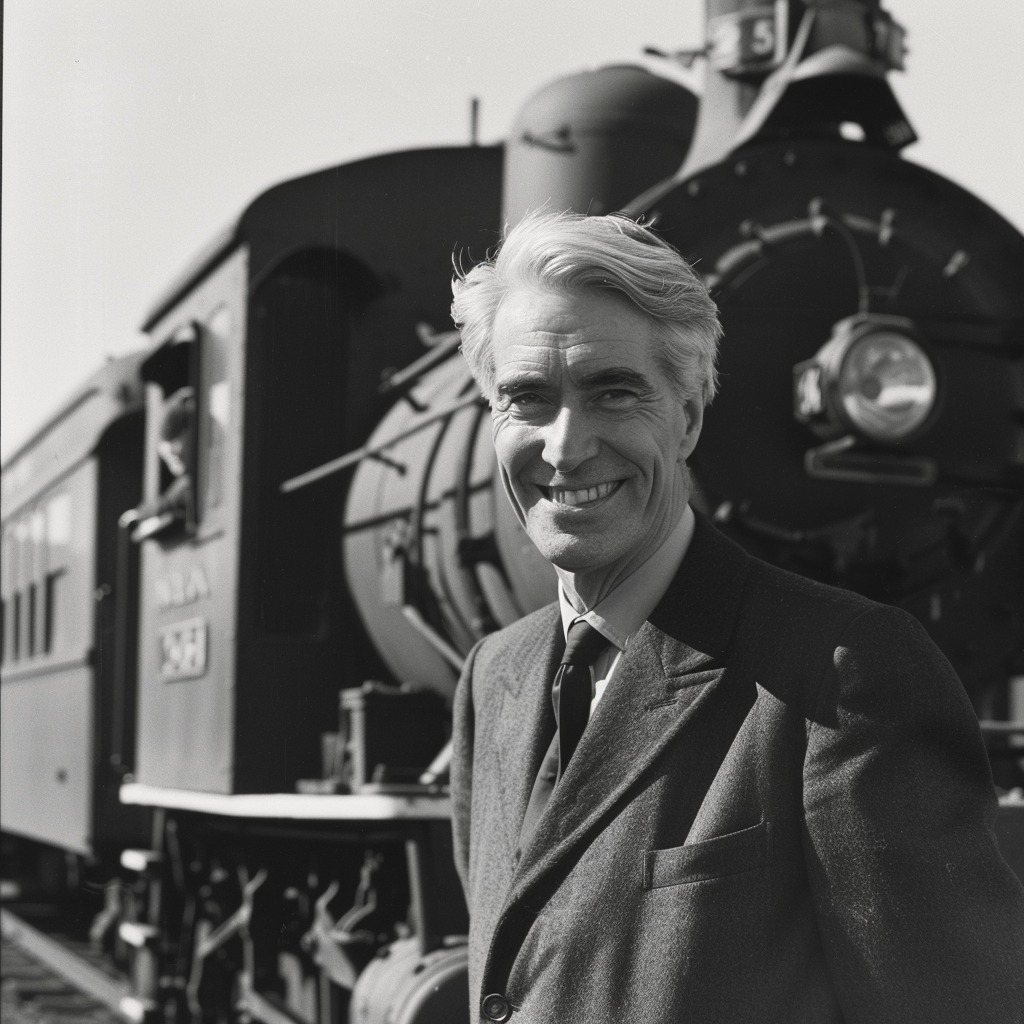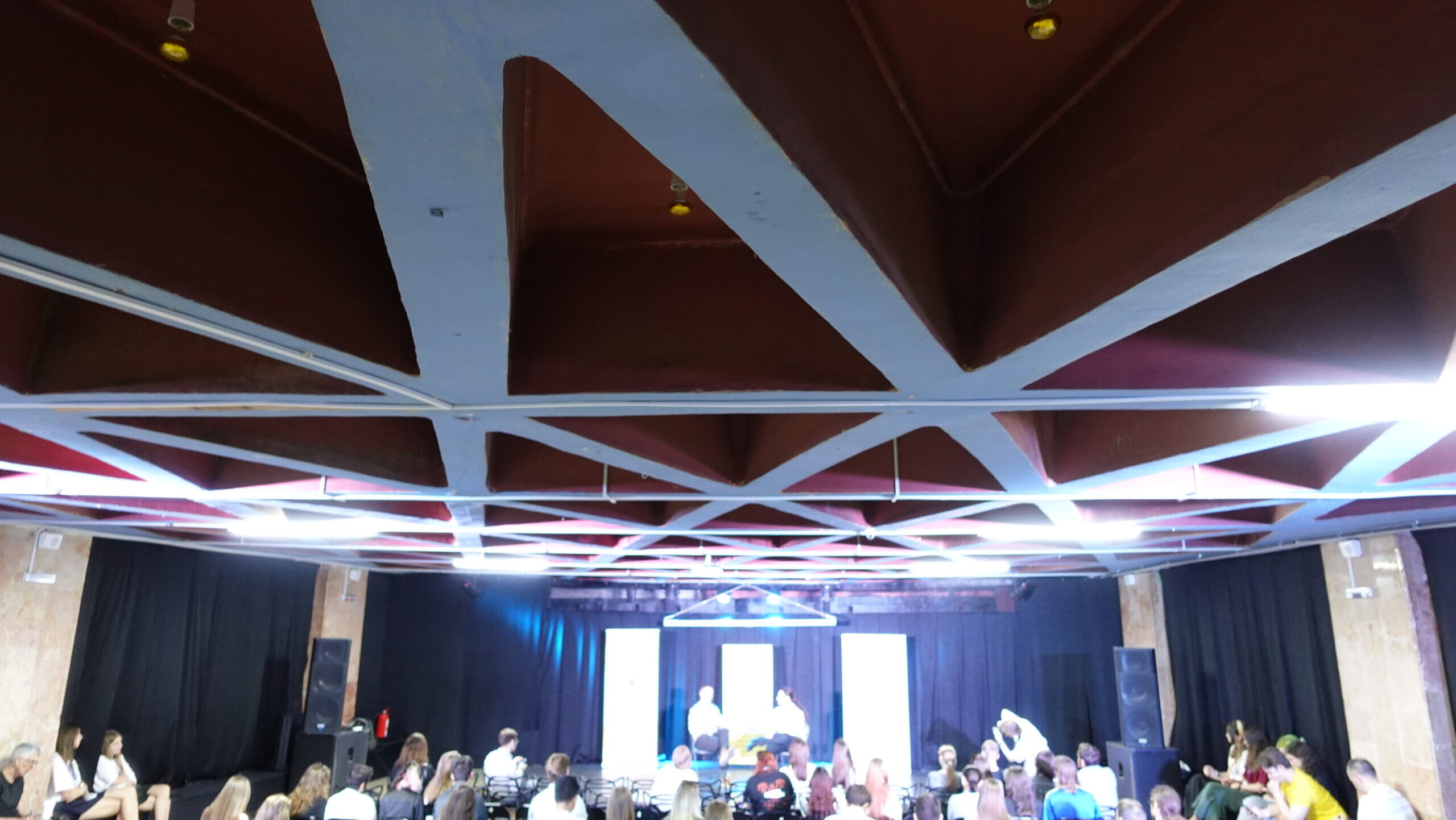“Individuals have rights, and there are things no person or group may do to them (without violating their rights). So strong and far-reaching are these rights that they raise the question of what, if anything, the state and its officials may do. How much room do individual rights leave for the state?”¹
In his book Anarchy, State and Utopia, Robert Nozick asks “If the state did not exist would it be necessary to invent it? Would one be needed, and would it have to be invented?”² His primary concern is defending individual rights while refuting the anarchist view that states are intrinsically immoral. Nozick asserts that one can answer these questions by examining Locke’s theory of the “state of nature”, which refers to a given geographical area with no government. Individuals here are in “a state of perfect freedom” to carry out their lives how they see fit, not requiring the permission of others.³ They must still respect others’ rights and do them no harm.⁴
Is it even possible for a state to come into existence without violating individual rights? Nozick answers that a state cannot only arise from anarchy without violating rights, but that there is a moral necessity for it. He thinks such a state will likely occur through an “invisible hand process”, where a pattern or outcome emerges even though no one group or individual intended the particular outcome.
In 1971 Freetown Christiania was created on a deserted military base in Denmark. Since 2011 residents obtained the legal right to live there and gained greater administrative control of the area. This demonstrates that states can be created through the “invisible hand process” without violating individual rights.⁵ In Freetown Christiania, just like any other state, people desire security services to protect themselves and their property (from ‘roving bandits’). Nozick suggests that the first step in satisfying this demand for protection is for individuals to group, mutually agreeing to aid any other member in times of need. Therefore, he refers to them as “mutual protective associations”, akin to neighbourhood watch groups. Drug dealers and biker gangs moved into the area, which provoked police attention and raids that had a particular focus on curbing illegal cannabis trafficking. Much like Nozick’s mutual association, locals came together and created an agreement with gang members to ensure they don’t carry weapons or wear biker patches.⁶ Locals even reduced the sale of cannabis by 75% by asking tourists to agree not to purchase it.⁷ This is as far as Christiania follows Nozick’s theory. It still suffers from government intervention, drugs, and violence much like other anarchist localities and so falls short of its utopian vision.
In the next stage of Nozick’s framework, private security emerges as entrepreneurs take advantage of the division of labour and exchange, offering different sorts of protection at different prices.⁸ However, in Christiania, this has yet to happen.
If private security were to emerge in Christiania, then most people would want maximal protection provided by any high-strength agency that can provide this. Furthermore, the value customers place on these services is relative to the strength of their opponents.
Nozick believes these protection agencies would likely come into violent conflict with each other, therefore some agencies would necessarily win and others lose. The winning agency would find themselves attracting more clients from losing agencies and therefore more resources, better enabling them to provide maximal protection. This process entraps losing agencies in a declining spiral, losing customers and resources to the winning agency, thereby creating the dominant protection agency, a de facto monopoly.⁹
This dominant protection agency satisfies Nozick’s only necessary condition of being a state by monopolising the use of force in its territory, threatening to punish those who use force without permission, thus becoming an “ultraminimal state”.¹⁰ By contrast, Nozick believes a just state must satisfy a further redistributive condition beyond the minimum requirement of a monopoly on the use of force. This is called a “minimal state”. In an ultraminimal state, independents are still free to exact “private justice”. Thus, Nozick claims, that fear will spread throughout society, with individuals never knowing when they may face the “retribution” of “private justice” from independents. Consequently, the dominant agency prohibits independents from using ‘risky’ methods of self-defence.¹¹ However, this disadvantages independents. Therefore, Nozick believes that to correct this, the dominant agency will protect these independents, even though they would have to extract an extra cost from the paying clients. Nozick claims this is permissible by citing the “principle of compensation” even though it appears to violate rights. Returning stolen goods is not considered redistributive because it is an act of justice. The monopoly only protects independents from its paying clients, thus reducing the free rider effect. In France for example, the Internal Security Code allows private security to prevent robberies, vandalism, and similar activity against their client’s property, and it permits them to prevent terrorist attacks.¹²
Nozick claims that it is morally necessary to transition to the minimal state because it is morally superior to both anarchy and the ultraminimal state. It is the most extensive state that could exist that protects everyone’s rights without violating them, which the ultraminimal state fails to achieve. While Nozick admits that the minimal state is not a utopia, he contends that it provides the framework for utopia. No one single utopia can exist. Instead, we must reconsider our thinking on utopias. “Utopia will consist of utopias” with people living under different institutions, pursuing their version of the good life, with the freedom to unite voluntarily.¹³
The minimal state allows people to freely associate and work to realise their own utopia. They will be unable to impose their utopianism on anybody else.¹⁴ The minimal state’s sole competency is the protection of individual rights. At the moment, the Danish Government is forcing public housing on Christiania and is blackmailing its residents with eviction so they accept it, thereby imposing its vision of how society should be organised.¹⁵ In Exarcheia, Athens, the police have also occupied the main square and carried out raids evicting refugees from squatted buildings.¹⁶ Thus, we should get on board with the minimal state if we want a society where we can build our own utopia. It would certainly help places like Christiania and Exarcheia.
References
Anthony, A. (2004, February 22). Going up in smoke. The Observer. https://www.theguardian.com/theobserver/2004/feb/22/features.magazine37
Locke, J. & Ward, L. (2016). Two Treatises of Government. Hackett Publishing Company, Incorporated.
Middleton, N. (2023, August 10). Exarcheia: A year of occupation and the struggle for public space. Freedom News. https://freedomnews.org.uk/2023/08/10/exarcheia-a-year-of-occupation-and-the-struggle-for-public-space/
Nozick, R. (1974). Anarchy, State and Utopia. Blackwell Publishing
Olson, M. (2022, August 27). How free is Freetown Christiania? The ‘sovereign’ Danish community is once again on its barricades. Courthouse News Service. https://www.courthousenews.com/how-free-is-freetown-christiania-the-sovereign-danish-community-is-once-again-on-its-barricades/
Valler, C. (2022, April 5). The limited role of private security in the public space. European Forum for Urban Security. https://efus.eu/topics/public-spaces/the-limited-role-of-private-security-in-the-public-space/
- (Nozick, 1974, p. ix)
- (Nozick, 1974, p. 3)
- (Nozick, 1974, p. 10)
- (Locke & Ward, 2016, secs 4 & 6)
- (Olson, 2022)
- (Anthony, 2004)
- (Olson, 2022)
- (Martin, 1953; Spooner, 1971; Tucker, 1893 as originally referenced in Nozick, 1974)
- (Brozen, 1968; Machlup, 1952 as originally referenced in Nozick, 1974)
- (Weber, 1947, 1954 as originally referenced in Nozick, 1974)
- (Calabresi & Melamed, 1972 as originally referenced in Nozick, 1974)
- (Valler, 2022 as originally referenced in Nozick, 1974)
- (Rand, 1957, pt. III chaps 1, 2; Rawls, 1971, Chapter 9 sect. 79 as originally referenced in Nozick, 1974)
- (Talmon, 1952, 1960 as originally referenced in Nozick, 1974)
- (Olson, 2022)
- (Middleton, 2023)






